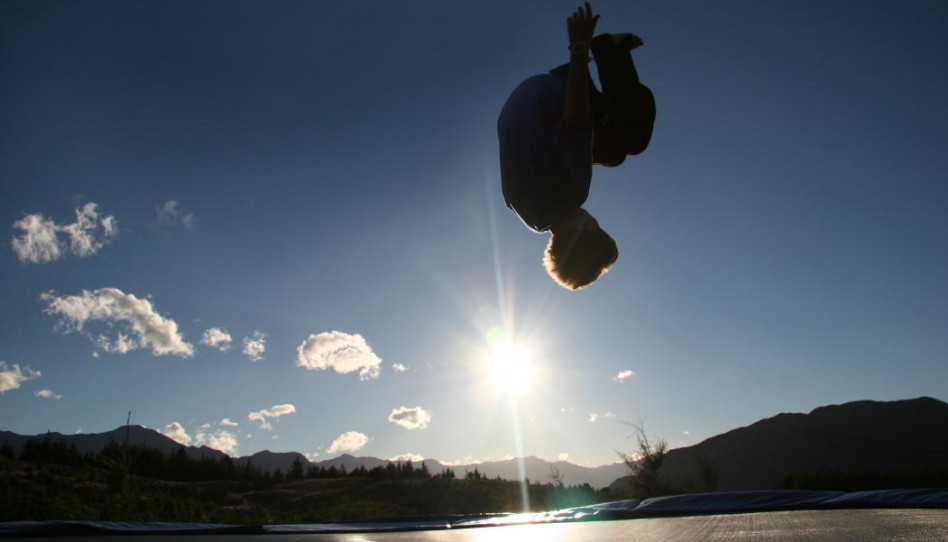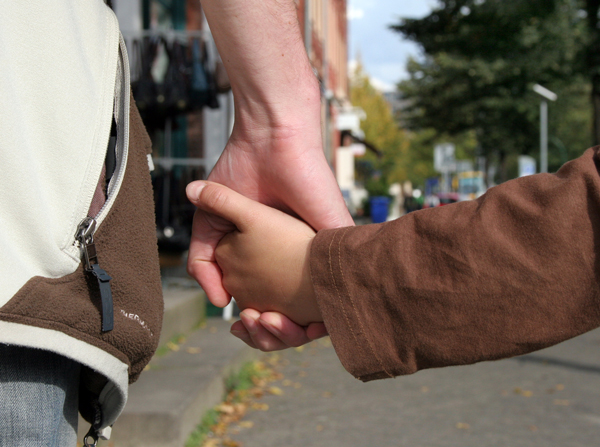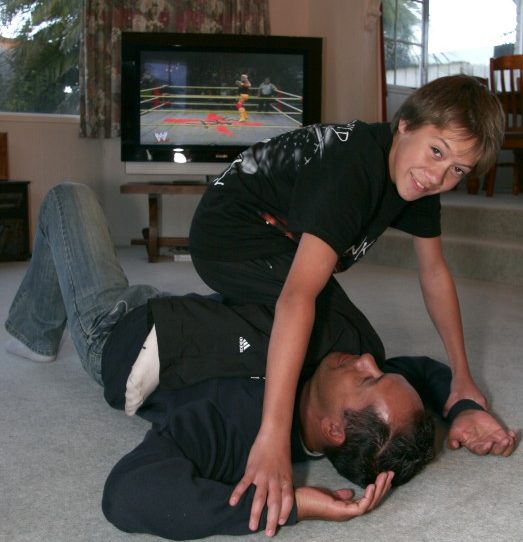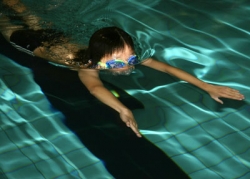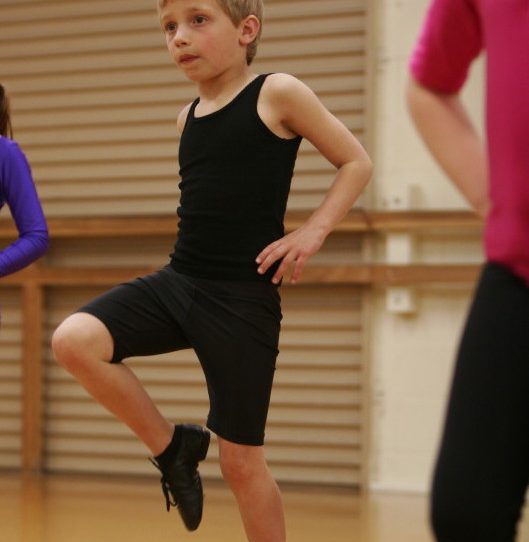Dad’s Corner: Summer Games Can Bring Back the Childhood Joy of Friendship
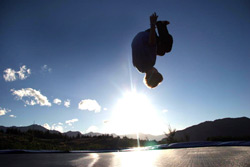
The World Cup frenzy gripping fans across the planet reminds me of a valuable lesson I learned about competitiveness and friendship. Sometimes, perhaps, adults forget the pure joy and camaraderie of a game, and we have to return to our childhood roots to remind us of what values we cherish in life and in sports.
Last year, my friend Mark and I took my
12-year-old son Fritz and his 12-year-old daughter Elise on a holiday—five days at a campground known for its activities, sporting challenges, and tests of courage.
Over 20 years ago, my friend Mark and I spent two weeks in Budapest: camping, swimming, checking out girls, going to music shops…and playing soccer. We held penalty shootouts for hours. Sometimes we played so doggedly that our friendship was severely tested. I mostly lost.
Soccer players we never became; friends, however, we remained. Mark is a lawyer now, I work as a journalist. We’ve experienced weddings and break-ups—our own and others’—we found new friends and lost mutual ones. And we became fathers.
Our two children get along quite well, and have known each other since they were little tots. So we all looked forward to an exciting camping holiday full of fun, laughter, and, of course, activities and sports.
The trip started out well. For the kids, nothing could be fast enough as they raced from one event to the next. Their enthusiasm made Mark and I feel the clock turning backwards—but not far enough! In earlier days, a challenge could not be high, fast or steep enough for us. Now, however, when I was asked whether I wanted to be the first to climb a ten-meter pole secured by a rope, and summit to its narrow top platform and jump onto a trapeze, I politely declined. Fritz had no such hesitation—he climbed up the pole, overcame the last difficult step to stand intrepidly on the pole’s plate-sized top, from where he dived for the trapeze. Elise did the same: easily up the pole, onto it and down. Both of them climbed up and jumped as if fear was just a phenomenon on an undiscovered planet.
But Elise and Fritz challenged us with their childlike daringness. They encouraged and teased us. So naturally, I had to climb up this pole as well—prodded on by two twelve-year olds and accompanied by such an enormous, and to me, unexplainable insecurity and fear. Nothing could happen and yet, that last step onto the pole’s top caused me a tremendous effort. When I had made it, though, I felt—yes, happy as a child.
Later we glided head first across a lake attached to a wire rope; swung 60 meters high through the air on a giant swing; and mastered even the most difficult parts of the climbing wall. The kids were talking about adrenalin as if it were ice cream. They just trusted that nothing could go wrong and displayed an enviable carefree curiosity about how challenging an activity would become. Mark and I were filled with their childhood energy and joy, and a sense of deep friendship and wellbeing.
As our trip progressed we moved into more traditional sports and our sense of shared adventures and happiness began to lessen. Unlike the childhood activities we had been pursuing, we now were facing scores and winners or losers. A growing rivalry developed between the father-daughter team and the father-son team. Table tennis, badminton, water polo—from breakfast to dinner we were competing, always competing and winning or losing. The outcomes were usually narrow and hard fought, trying our friendships; sometimes Elise and Mark won, at other times it was Fritz and I. As the days wore on, the intensity of the competition increased—and of the demands that fathers placed on children, and children placed on fathers. The “grown-up” and “children” labels evaporated. In the heat of the moment, fired on by my sporting ambition, I would lose my fatherly coolness with Fritz while he forgot his “respect” for his father. We argued and we hugged, we were angry and we were happy. Sometimes we reveled in being Fritz and Piet, and beating Mark and Elise.
Fritz and I were good at table tennis, but without a chance at winning in water polo. Despite our scrappy efforts, we had not won a single game, and now it was the last day and our last chance for victory. We played like fiends—diving through the water, pushing the ball, and spiking it nastily and unreachably into the outer corners of the net. Finally, it was the last deciding rally, whoever won the point, would win the match. We had reached a pinnacle of tension that was testing our relationships, not just the two families’ friendships, but the inner family dynamics as well. In Fritz’ face I saw full concentration and a little desperation. He and Elise were no longer speaking. Mark and I both had the hard-eyed look of our former competitions. Each person in our little group was gripped by one thought: victory.
Mark had the ball; the final shot was his to win the tournament. I flashed back to our penalty shot games of years ago—the losses, the fierce competition, the sometimes damage to our friendship. I knew that once again Fritz and I were headed to defeat. Then a magic moment occurred. Deliberately, Mark looked at me, seemingly thinking the same thoughts I held, and then hit the ball “out,” declaring a tie! Fritz was stunned. The children looked at us. And then they realized what Mark had done. With one shot we had all taken back our roles as friends first, as loving parents, as respectful children, and as a group who wanted camaraderie over resentment. Elise smiled, Fritz cheered. What a victory for the four of us!
- Posted July 2, 2010
© Copyright 2010-2024 by Take The Magic Step®. All Rights Reserved.
